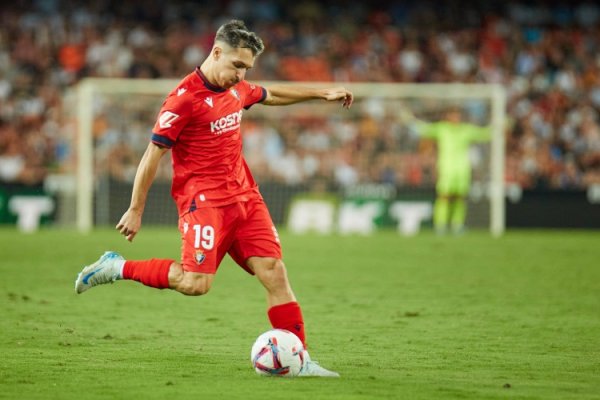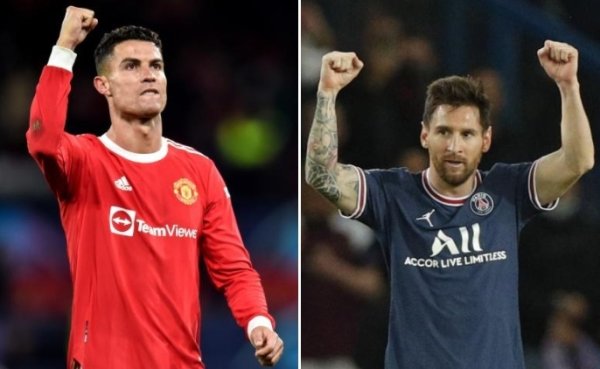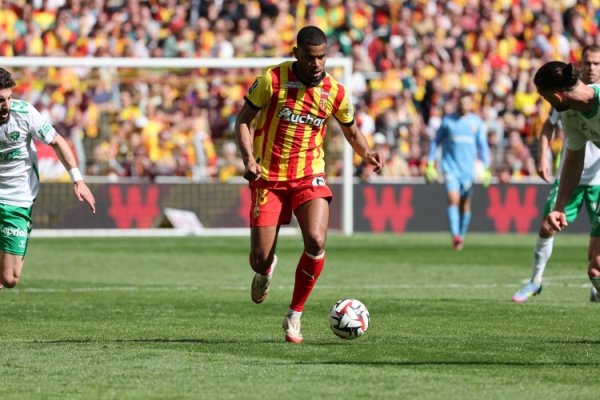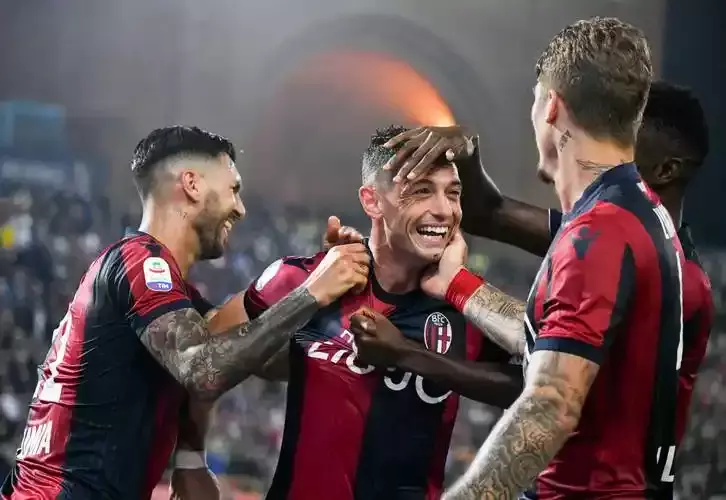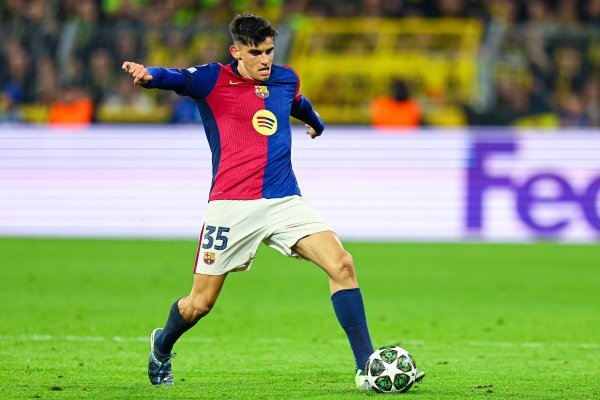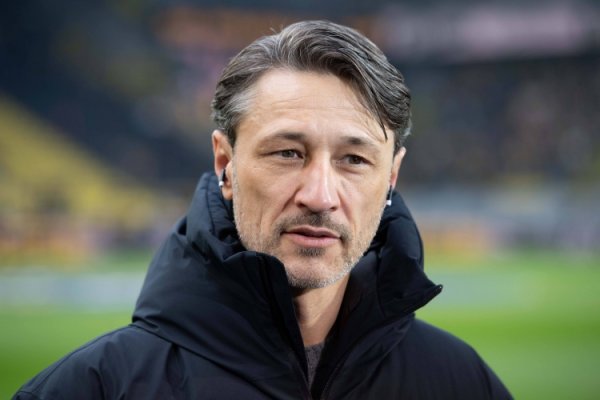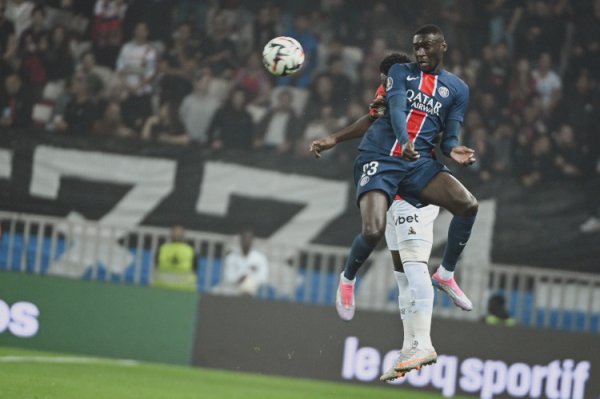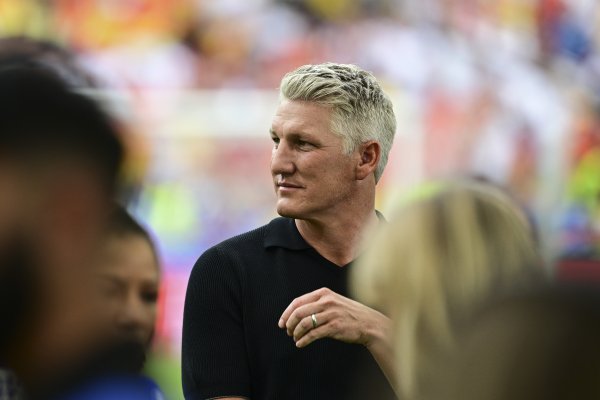Physical fitness & Psychological experts talk about Paris: They need to completely leave football for 10 days, preferably with 6 weeks of vacation
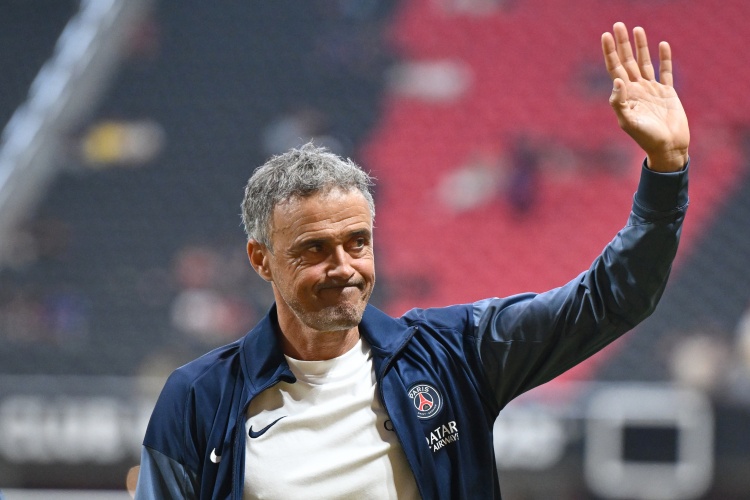
After losing to Chelsea 0-3 in the Club World Cup final, the Paris Saint-Germain players finally ushered in the holiday. This three-week rest period requires careful planning. RMC Sports interviewed several physical and psychological experts in the industry to ask about their suggestions.
In the 63rd official game of the season in the early morning of yesterday morning, Enrique's team was completely suppressed by Chelsea. The team is now on vacation and will gather at the Paris training base on August 4 to prepare for the European Super Cup with Tottenham on August 13, which is the first key battle of the 2025-26 season.
Frederick Ober, who served as the physical fitness coach of the French women's football from 2013 to 2016, said: "Forced rest is very necessary. Because the interval is short, restarting the state will not be too difficult."
Sports psychologist Dennis Troch analyzed: "After the game, players often find it difficult to withdraw from the mindset of the game. They need time to release multiple fatigues of their bodies, minds, nerves and emotions, and transition to the current lack of vacation state as soon as possible."
Former French international Frederick Pikionne suggested: "It is necessary to completely leave football for 10 days, let the brain enter a dormant state, and then gradually regain the training rhythm through interesting sports such as board tennis and basketball."
However, there are differences in the length of rest. Caen physical coach Jean Mark Brownge emphasized: "Ideally, six weeks off the season, including three weeks of pre-season preparations, otherwise they will face a wave of injuries and a state crisis."
Independent physical coach Kevin Roberti proposed a compromise plan: "Players need to maintain the scientific nature of diet management and training while leaving the football environment."
After the club's four championship journey, most of the players continued to fight with the national team. Balcola's attendance data in 73 games this season is very representative. Roberti believes: "Fatith is essentially neurotic. Any professional player can withstand the pressure of the number of games, but the intensity that top players like Ashraf endures is the key difference."
"The real challenge lies in psychological recovery," Obert admitted, "After major events, the mental level is always the last rebuilding of balance. " Although the team confidence established by Paris in 2025 was not broken until the final of the Club World Cup, experts warn that "post-victory depression" may occur - a psychological barrier that is difficult to re-enter the game after extraordinary achievements.
However, experts are optimistic about the transition to the new season. Ober suggested: "It is entirely possible to allow substitutes to start the league journey and gradually rotate core players."
Picioonne, who once played for Rennes and Saint-Etienne, predicted: "The Champions League will send the main players, while the French Ligue 1 will rotate on a large scale."
Bronge concluded: "The Champions League is the primary goal, and two to three sets of lineups need to be formed. The big rotation in the early stage of the league can not only protect the main players, but also examine the depth of the lineup."



